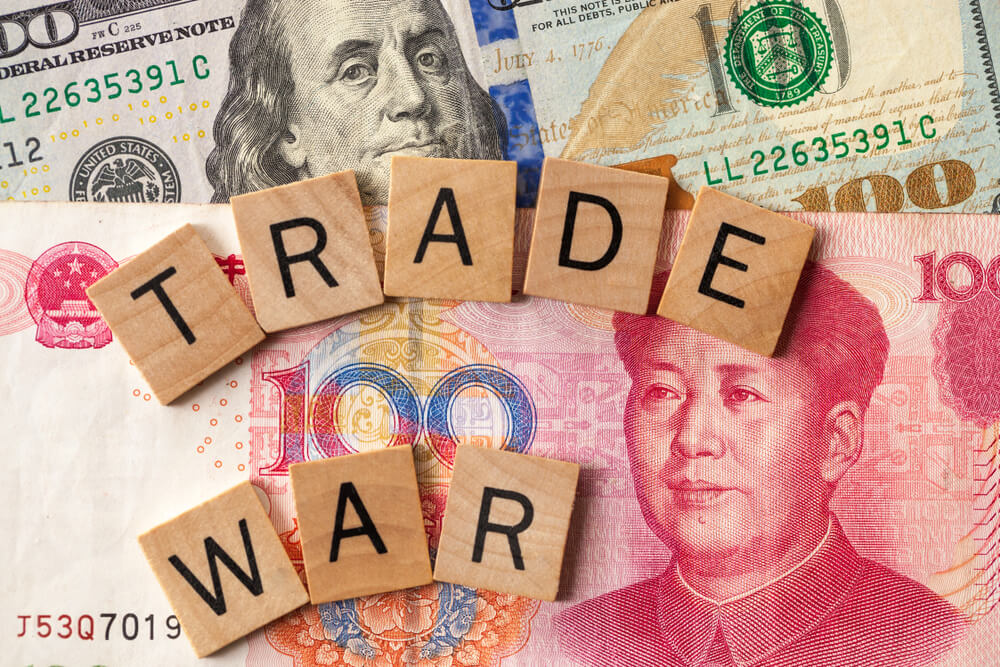Chinese auto sales fell for a second month in August, an industry group reported Tuesday, adding to signs of economic malaise amid a worsening tariffs battle with Washington.
Sales of SUVs, sedans and minivans in the biggest global auto market contracted by 4.6 percent from a year earlier to 1.8 million units, according to the China Association of Automobile Manufacturers. Total vehicle sales, including trucks and buses, sank 2.1 percent to 2 million units.
Chinese auto demand has cooled as economic growth slows after Beijing tightened controls on bank lending to cool surging debt.
Sales of SUVs, usually the industry’s brightest spot, shrank 4.7 percent to 737,000 units. Sedan sales were down 3.4 percent at 901,000.
Total auto sales for the first eight months of the year gained 2.6 percent to 15.2 million.
Sales growth has declined steadily, tumbling from May’s 7.9 percent to 2.3 percent in June. Full-year 2017 sales growth was 1.4 percent.
China’s mounting tariffs fight with U.S. President Donald Trump over its technology policy has added to anxiety, though the economic impact so far is limited.
Weak demand is a setback for global automakers that look to China to drive revenue and are spending heavily to develop models for local tastes.
Beijing imposed 25 percent import tariffs on U.S.-made autos as part of its retaliation for a similar American increase. But that falls most heavily on BMW AG’s imports of SUVs from a South Carolina factory. American brands produce most of their vehicles in Chinese factories.
Sales of pure-electric cars rose 31.7 percent from a year ago to 72,000 units. Sales of gasoline-electric hybrids jumped 130.8 percent to 28,000 vehicles.
Beijing is in the midst of a multibillion-dollar campaign to promote electric car development in hopes of creating a profitable new industry. Automakers are rolling out dozens of electrics but still rely on sales of gasoline-powered models for their profits.
In August, Nissan Motor Co. began production of its first electric sedan designed for China. The Sylphy Zero Emission, based on Nissan’s Leaf, is the first of dozen of lower-cost electrics being developed for China by General Motors, Volkswagen and other global automakers.
© The Associated Press. All rights reserved.
